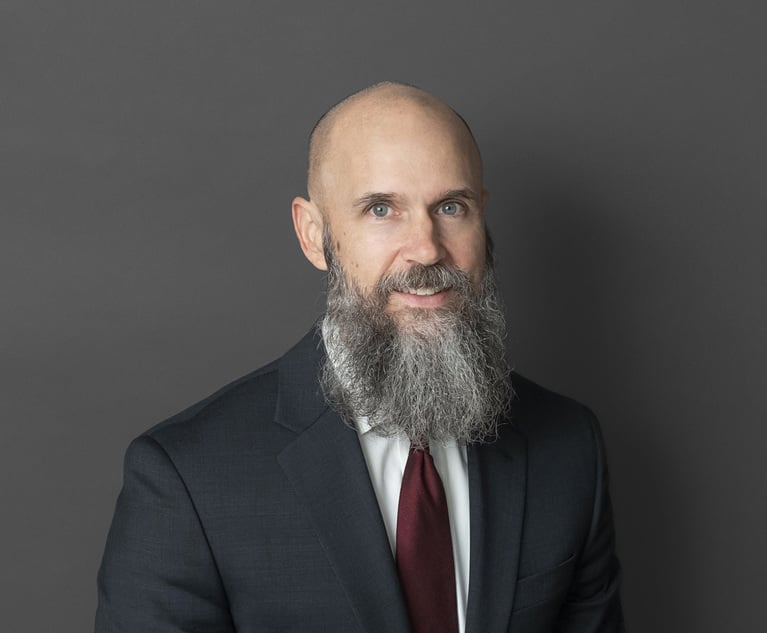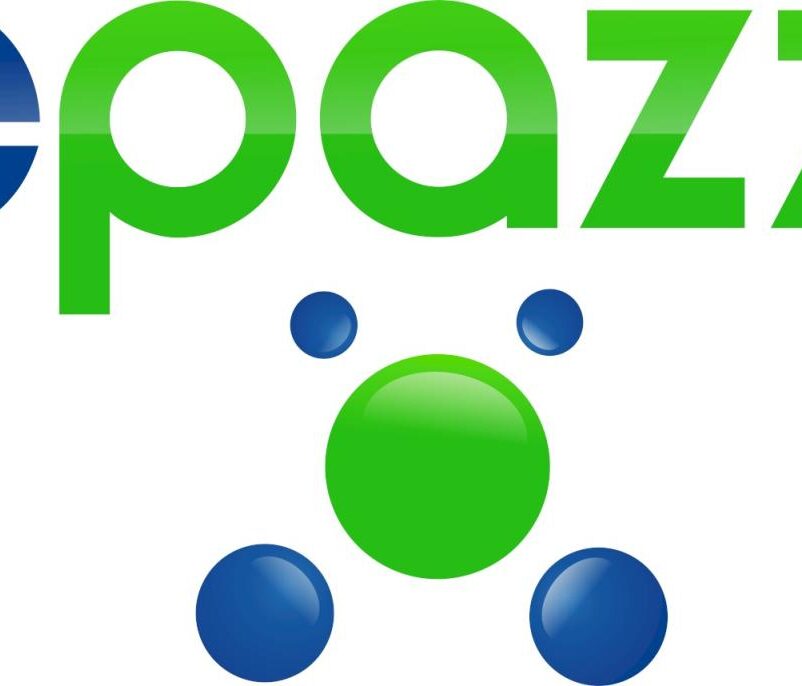A Landmark Decision
In a groundbreaking move that has sent ripples across the nation, a regional public health department in Idaho has been barred from administering COVID-19 vaccines. This unprecedented decision by the Southwest District Health board marks a significant departure from standard public health practices and has raised concerns among health experts and advocates.
A Controversial Vote
On October 22, 2024, the health district’s board voted 4-3 to halt COVID-19 vaccinations within its jurisdiction, encompassing six counties, including three in the Boise metropolitan area. The decision was made despite strong recommendations from the district’s medical director, Dr. Perry Jansen, who emphasized the vaccine’s crucial role in public health.
A Decline in Demand and Rising Anti-Vaccine Sentiment
While the demand for COVID-19 vaccines has undoubtedly decreased since the peak of the pandemic, the health district’s decision seems to be influenced by a growing anti-vaccine sentiment. Idaho already boasts the highest rate of childhood vaccination exemptions in the nation, and the district itself recently grappled with a measles outbreak.
The board’s decision was met with a wave of public comments, many of which echoed anti-vaccine rhetoric. Some speakers, including prominent figures like Dr. Peter McCullough, a Texas cardiologist known for his controversial views on COVID-19, urged the board to end vaccine mandates and taxpayer funding for vaccines.
Impact on Vulnerable Populations
The ban on COVID-19 vaccinations is particularly concerning for vulnerable populations, such as the homeless, homebound individuals, and residents of long-term care facilities. These individuals often rely on public health departments for essential healthcare services, including vaccinations.
Board Chairman Kelly Aberasturi acknowledged the potential impact on these vulnerable groups, expressing disappointment with the board’s decision. He emphasized the importance of providing healthcare access to all residents, particularly those who may face barriers to care.
A Potential Setback for Public Health
The Idaho health district’s decision represents a significant setback for public health efforts. By restricting access to a proven and effective vaccine, the board has undermined the principles of evidence-based medicine and public health.
Potential Long-Term Implications:
- Weakened Public Health Infrastructure: This decision could set a dangerous precedent, potentially emboldening other local health boards to restrict essential public health services based on ideological beliefs rather than scientific evidence.
- Erosion of Public Trust in Science: The influence of misinformation and anti-vaccine sentiment can undermine public trust in science and public health institutions. This could have far-reaching consequences, affecting public health responses to future health crises.
- Increased Health Risks: Reduced vaccination rates can lead to outbreaks of preventable diseases, including COVID-19, measles, and others. This could disproportionately affect vulnerable populations, such as children, the elderly, and immunocompromised individuals.
Legal Challenges and Political Ramifications:
- Potential Legal Challenges: The decision to ban COVID-19 vaccinations could face legal challenges from public health advocates and concerned citizens.
- Political Backlash: The move has sparked widespread condemnation from public health experts, medical professionals, and policymakers. This could lead to increased scrutiny of the health board’s decision and potential political repercussions.
The Role of Misinformation and Disinformation:
- The Impact of Misinformation: The spread of misinformation and disinformation about vaccines has contributed to vaccine hesitancy and resistance. It is crucial to address these issues through accurate and timely information dissemination.
- The Importance of Critical Thinking: Encouraging critical thinking and media literacy can help individuals discern fact from fiction and make informed decisions about their health.
The Need for Continued Vigilance:
- Evolving Nature of the Pandemic: The COVID-19 pandemic is still ongoing, and new variants may emerge. It is essential to remain vigilant and continue to follow public health guidelines, including vaccination.
- The Role of Public Health Education: Investing in public health education can help promote vaccine confidence and encourage people to get vaccinated.
As the nation continues to navigate the complexities of the COVID-19 pandemic, it is crucial to rely on scientific expertise and public health recommendations. The Idaho health district’s decision serves as a stark reminder of the challenges posed by misinformation and anti-science sentiment.




